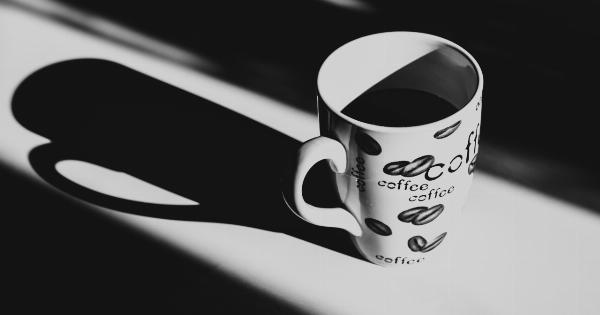Breakfast is considered the most important meal of the day. It is the first meal of the day, and it sets the tone for the rest of the day. However, many people are still confused about the best time to have breakfast.
Some people skip breakfast altogether, while others have it immediately after waking up. So, what is the best time to have breakfast? Let’s explore the various factors that can help you make the best decision.
The Importance of Breakfast
Breakfast is an essential meal of the day. It is called the ‘breaking of the fast’ as it is the first meal you have after a long night’s rest. Breakfast provides the body with the necessary nutrients and energy to start the day.
People who eat breakfast tend to have better concentration, more energy, and better memory function than those who skip it. Breakfast has also been linked to a lower risk of heart disease, type 2 diabetes, and obesity.
The Best Time to Eat Breakfast
The ideal time to have breakfast is within two hours of waking up. This allows the body to replenish the glucose levels that have been depleted overnight. Breakfast also sets the metabolism for the day ahead, helping to burn calories throughout the day.
Eating breakfast early in the morning helps to regulate blood sugar levels and reduces the risk of overeating during the day.
The Benefits of Eating Breakfast Early in the Morning
Eating breakfast early in the morning has many benefits. It provides the body with the necessary energy to start the day. It also helps to regulate blood sugar levels and reduces the risk of overeating during the day.
Eating breakfast early in the morning also helps to improve concentration and memory function. Research has shown that people who eat breakfast early in the morning tend to be healthier and have a lower risk of heart disease, type 2 diabetes, and obesity.
The Drawbacks of Skipping Breakfast
Skipping breakfast has many drawbacks. It can lead to overeating during the day, as the body tries to compensate for the lack of food in the morning. It can also lead to a drop in blood sugar levels, which can cause fatigue, irritability, and dizziness.
Skipping breakfast can also lead to a slower metabolism, which can make it harder to lose weight. Research has also shown that people who skip breakfast tend to have a higher risk of heart disease, type 2 diabetes, and obesity.
The Best Breakfast Foods
The best breakfast foods are those that provide the body with a good amount of protein, fiber, and healthy fats. Protein provides the body with the necessary building blocks for muscle growth and repair.
Fiber helps to keep the digestive system healthy and helps to regulate blood sugar levels. Healthy fats are essential for brain health and increasing the feeling of fullness. Some of the best breakfast foods include eggs, oatmeal, Greek yogurt, fruit, nuts, and seeds.
Balancing Breakfast with other Meals
It is important to balance breakfast with other meals throughout the day. Eating a healthy breakfast can help to regulate blood sugar levels and reduce the risk of overeating during the day.
However, it is equally important to eat a healthy lunch and dinner that provides the body with the necessary nutrients and energy. Eating a balanced breakfast, lunch, and dinner can help to maintain a healthy weight and reduce the risk of chronic diseases.
The Bottom Line
The best time to have breakfast is within two hours of waking up. Eating breakfast early in the morning helps to regulate blood sugar levels, improve concentration, and reduce the risk of overeating during the day.
The best breakfast foods are those that provide the body with a good amount of protein, fiber, and healthy fats. Balancing breakfast with other meals throughout the day is also important for maintaining a healthy weight and reducing the risk of chronic diseases.




























